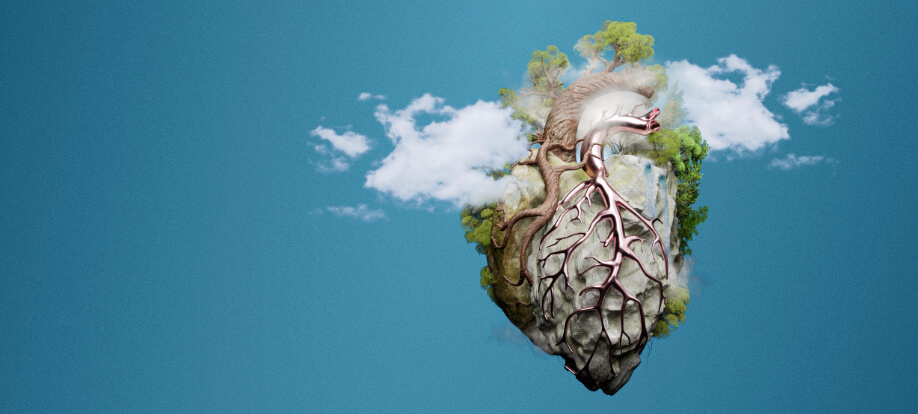A deep learning-based approach was developed and validated in this study which aimed to automatically measure the patellofemoral instability (PFI) indices related to patellar height and trochlear dysplasia in knee MRI scans. The authors included a total of 763 knee MRI slices from 95 patients, annotating 3,393 anatomical landmarks.
The results indicated that the developed models achieved good accuracy in predicting the landmarks’ locations. The clinical implications of this study show that artificial intelligence may improve the reproducibility and reliability of the imaging evaluation of trochlear anatomy and patellar height, which can help assist radiologists when assessing patellofemoral instability.
Key points:
- Imaging evaluation of patellofemoral instability is subjective and vulnerable to substantial intra and interobserver variability.
- Patellar height and trochlear dysplasia are reliably assessed in MRI by means of artificial intelligence (AI).
- The developed AI framework provides an objective evaluation of patellar height and trochlear dysplasia enhancing the clinical practice of the radiologists.
Authors: Roberto M. Barbosa, Luís Serrador, Manuel Vieira da Silva, Carlos Sampaio Macedo & Cristina P. Santos













